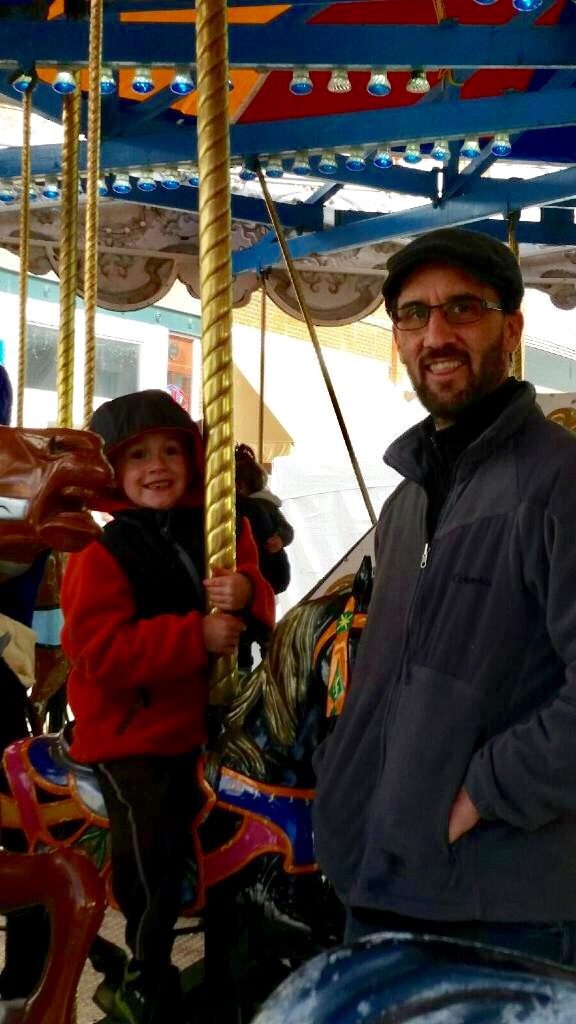
Matt Cloven has worked directly with individuals who live with intellectual and developmental disabilities and their families since 2002. Matt holds a master’s degree in history and philosophy. He began this work in Eugene, Oregon, as a direct care staff and residential manager at one of the earliest organizations that helped to facilitate the closing of institutional housing and creating more community living opportunities for adults with developmental disabilities. He was fortunate to be in Oregon, which mandated person-centered planning and focused on a person’s unique interests, strengths, and gifts as the foundation for all aspects of supporting quality of life. In 2006, Matt worked for Foothills Gateway as a supported living consultant, allowing Matt to focus on the dreams and aspirations of the adults he worked with, as well as facilitate ways to increase and maintain independence and inclusion into their community. As an SLC, Matt was also trained in the PATH planning process. Matt then moved on to working as a children’s case manager with Foothills Gateway, where he spent the next 7 years working with children ages 3-18 and their families. Matt was able to help families access needed programs, advocate and support families in the schools, and build collaborative relationships within the wider community. Matt joined The Arc of Larimer County in 2014 as an advocacy specialist, where he specialized in special education, justice, and child-welfare advocacy and community outreach. In 2018, Matt was hired as the executive director of The Arc of Larimer County. Matt has a young son who challenges him daily and who brings the greatest daily joy to Matt.
Matt is looking forward to continuing his passion for empowering families, youth, and adults who live with a variety of (dis)abilities through helping them better understand their strengths, identifying areas of growth, prioritizing goals, creating active goal-setting, and providing professional non-legal advocacy in special education/504, consultation services for resources, practical application, and understanding educational and private neuropsychological assessments, as well as comprehensive person-centered planning to guide the development of one-page profiles and identifying action-based goal-setting in areas of self-advocacy, independent living skills, employment, recreation, and dreams.

